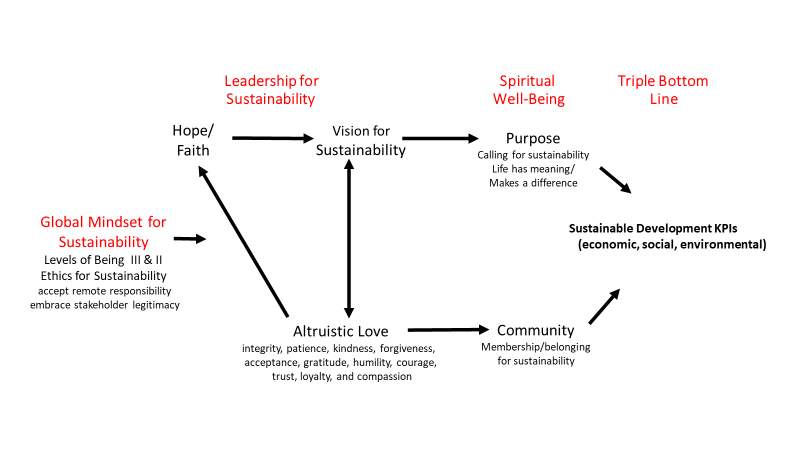We live in unprecedented times. Many organizations, some with revenues greater than the GDP of entire nations, are becoming increasingly international in terms of various businesses, activities, and interactions with customers, competitors, suppliers, employees, and other relevant stakeholders. However, this global interconnectedness challenges organizations to create an encompassing strategy in a fragmented but connected environment that encompasses poverty and disease in Africa, the reliance on IT services in India, large-scale pollution in China, and increasingly critical consumers in home markets. Multinational organizations are also expected to deal with the conflicting demands of a wide range of stakeholders from diverse multicultural, ethnic, linguistic, and religious backgrounds.
These demands are exponentially increasing as, according to a report by Ellen MacArthur Foundation in 2013, by 2025 there will be 1.8 billion additional middle-class consumers, a 24% increase in global calorie consumption, a 47% increase in packaging, and a 41% increase in end-of-life materials. At the same time, we are currently using 50% more natural resources yearly than the Earth can replenish and 30 % of the world’s population (2.1 bln) lack clean water and basic hygiene. This trend has serious consequences as it is estimated that if we continue with “business as usual” we will require the resources of 2.9 planets to survive in 2050.
To reverse this trend, organizations are now called to create new business models as well as new models of leadership for sustainability that can address the economic, social, and environmental pillars of sustainability, often referred to as the triple bottom line. These models should allow for crossing multiple boundaries and balancing local responsiveness with global integration in order to effectively drive corporate performance while addressing increasing demands for sustainable solutions from powerful socially- and environmentally-focused stakeholders.
In response to this call, we offer the Global Leadership for Sustainability model (GLfS), which is built upon the spiritual leadership model, as necessary to address these seemingly intractable issues. GLfS is inspired by the beliefs:
- That leaders and their organizations should have a higher purpose beyond enriching themselves and financial stakeholders.
- That in addition to economic success, leaders have responsibility for the well-being of employees, their communities, the socially disenfranchised, and the earth we all inhabit – the triple bottom line or people, planet, and profit.
- That we should all leave, as part of our legacy, a sustainable, flourishing world for our children, grandchildren, and future generations to come.
Like Spiritual Leadership, Global Leadership for Sustainability (GLfS) is also a paradigm for organizational transformation to a learning organization designed to facilitate vision and value congruence across the individual, empowered team, organization, and stakeholder ecosystem levels (See Figure 1). GLfS requires the cultivation of a global mindset for sustainability based on two ethical principles for sustainability, which foster hope/faith in a vision for sustainability and sustainable development, and an organizational culture based on the values of altruistic love.
Leadership for sustainability then satisfies fundamental needs of both leader and followers for spiritual well-being through a sense of 1) calling/purpose to be change agents for sustainability and 2) belonging or membership in a loving, supportive community for sustainable development. In turn, spiritual well-being positively influences the economic, social, and environmental outcomes for sustainability that are inherently represented through triple bottom line key performance indicators.
GLfS is also viewed as necessary for the transformation and the continued success of organizations focusing on sustainability and sustainable development. Given that sustainability is deeply rooted in the sacredness of humans, sentient beings, and nature, the development of the spiritual capabilities inherent to spiritual leadership is a particularly important aspect of GLfS, as these reflect an emerging consciousness by leaders who are choosing to live their lives and lead their organizations in ways that account for their impact on the earth, society, and the health of local and global economies. This creates unique challenges since leaders and their organizations seeking to implement triple bottom line strategies would need to emphasize spiritual qualities, such as self-transcendence and interconnectedness, which are socially complex and causally abstruse, but nevertheless can be a source of competitive advantage as they are difficult to imitate.
Figure 1: Model of Global Leadership for Sustainability

